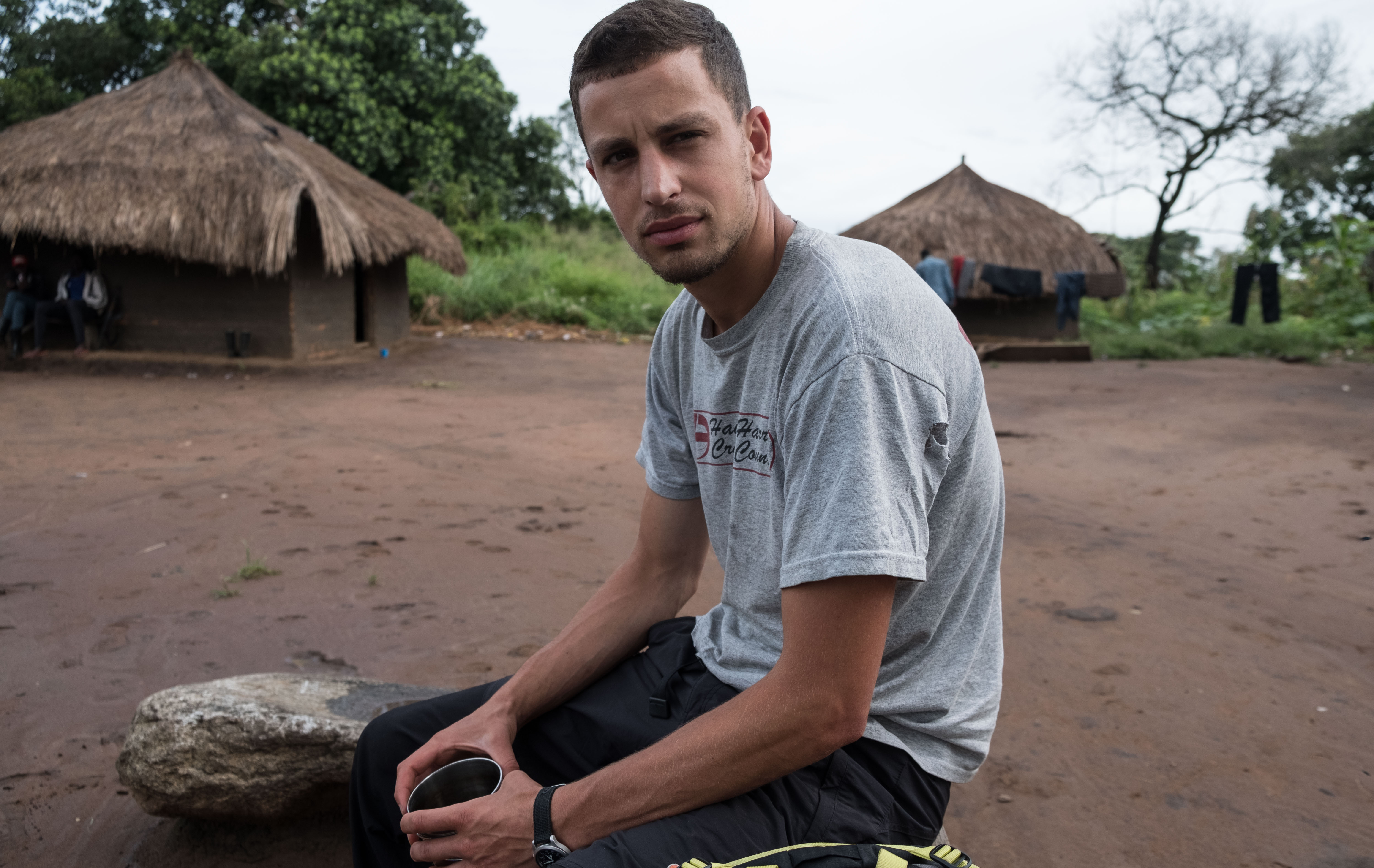
Niger’s Military Junta Tightens Grip on Media: Journalists Arrested, Intimidated and Press Freedom Dismantled
May 3, 2024
Family Denounces ‘Sham’ Inquiry into Killing of Journalist Christopher Allen in South Sudan
May 8, 2024May 3, 2024 – General –
Environmental journalism is under growing assault, according to a sobering 2024 report by UNESCO released ahead of World Press Freedom Day. The report documents a 42% increase in attacks against environmental journalists and media outlets over the past five years. From 2019 to 2023, 305 cases of physical violence, threats, legal harassment, and digital abuse were recorded, up significantly from the previous five-year period.
In total, 749 attacks have been documented since 2009, including 44 killings of environmental journalists. Shockingly, only five of those murder cases have resulted in convictions, exposing a glaring culture of impunity. The report reveals that many of these attacks are not random: nearly half are carried out by state actors, particularly during protests or investigations involving land, water, and indigenous rights. Others stem from powerful private interests like logging companies, mining firms, and agribusinesses trying to suppress critical reporting.
The survey also revealed that more than 70% of environmental journalists face threats or interference because of their work. Nearly 41% have experienced physical violence, while online harassment—especially against women—has increased sharply. These conditions have led to widespread self-censorship, with 45% of journalists reporting they avoid certain topics out of fear.
UNESCO Director-General Audrey Azoulay emphasized that environmental reporters are “essential to humanity’s ability to confront the climate and biodiversity crises.” Without access to transparent, verified information, the global public cannot make informed decisions on environmental policy or hold polluters and governments accountable.
The report calls for urgent international action: robust legal protections, safety training, mental health support, and concrete steps to end impunity. Press freedom groups also urge governments to monitor and report attacks more rigorously and to strengthen media independence in environmentally sensitive regions.
In an era where the climate emergency demands transparency and truth, silencing those who expose environmental harm is a direct threat to democracy and planetary survival. As attacks rise, so too must global resolve to defend the journalists risking everything to report from the frontlines of the world’s most urgent battle.
Reference –




